-
Disgust
Why would a storyteller or artist want to elicit disgust in their work? And if they want to do it, how do they typically do it?
-
In Praise of the Sloth
Of all the deadly sins, slothfulness is the least problematic. In fact, most people would benefit from becoming more like a sloth, not less.
-
Emotional Incest and Parentification
Sometimes fiction explores a character dynamic which psychologists now have a word for: Covert incest. You sometimes also hear the phrases ’emotional incest’, ’emotional enmeshment’ and ’emotional parentification’. Sometimes you will have to be more mature than your own parent. It will feel odd and unfair, like everything is off its place. It is not […]
-
From Rain Man to The Maid: Autistic Archetypes in Contemporary Fiction

Autism Awareness (TM) is starting to impact reader interpretations of texts which seem to star Autistic main characters.
-
Stephen King’s Misery 1990: Meaning, Themes & Characterisation
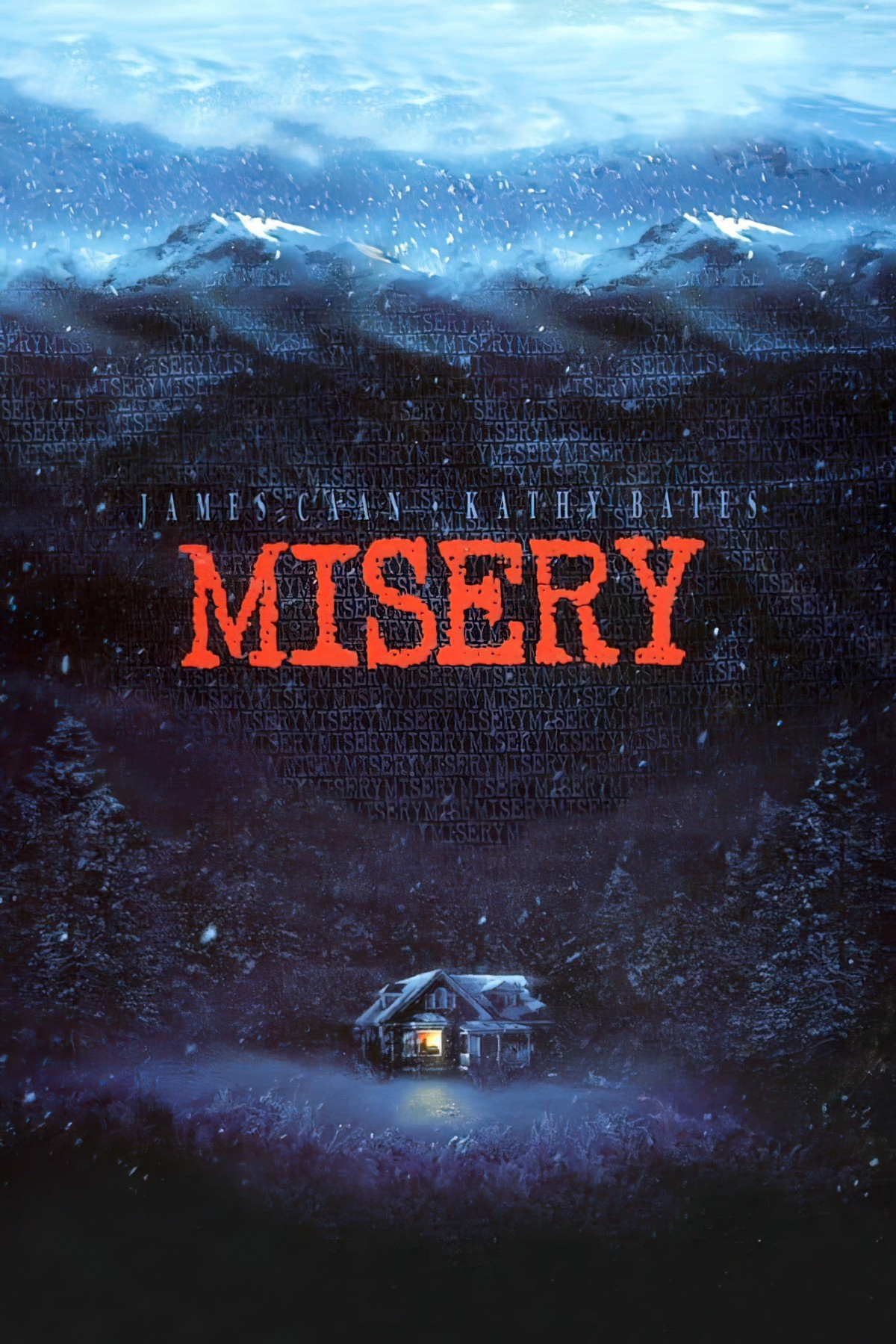
Misery (1990) is one widely considered of the best Stephen King film adaptations.
-
Psychopaths, Sociopaths, Narcissists in Fiction
Let’s take a look at psychopaths, sociopaths and narcissists in fiction, or rather: How people with malignant personality disorders dominate popular culture.
-
Donnie Darko Film Study

Donnie Darko is a 2001 film set in 1988, in a fictional Virginia town called Middlesex. This genre blend of drama, mystery and science fiction is precisely ambiguous enough to generate much discussion about what is meant to have happened. This is ideal ‘cult-following’ material. Note that Donnie Darko didn’t make much of a splash when […]
-
Making Use Of Cognitive Biases In Storytelling
Cognitive biases are at play when an audience interprets any work of art. Storytellers can make use of them, and regularly do.
-
The Toys of Peace by Saki Short Story Analysis
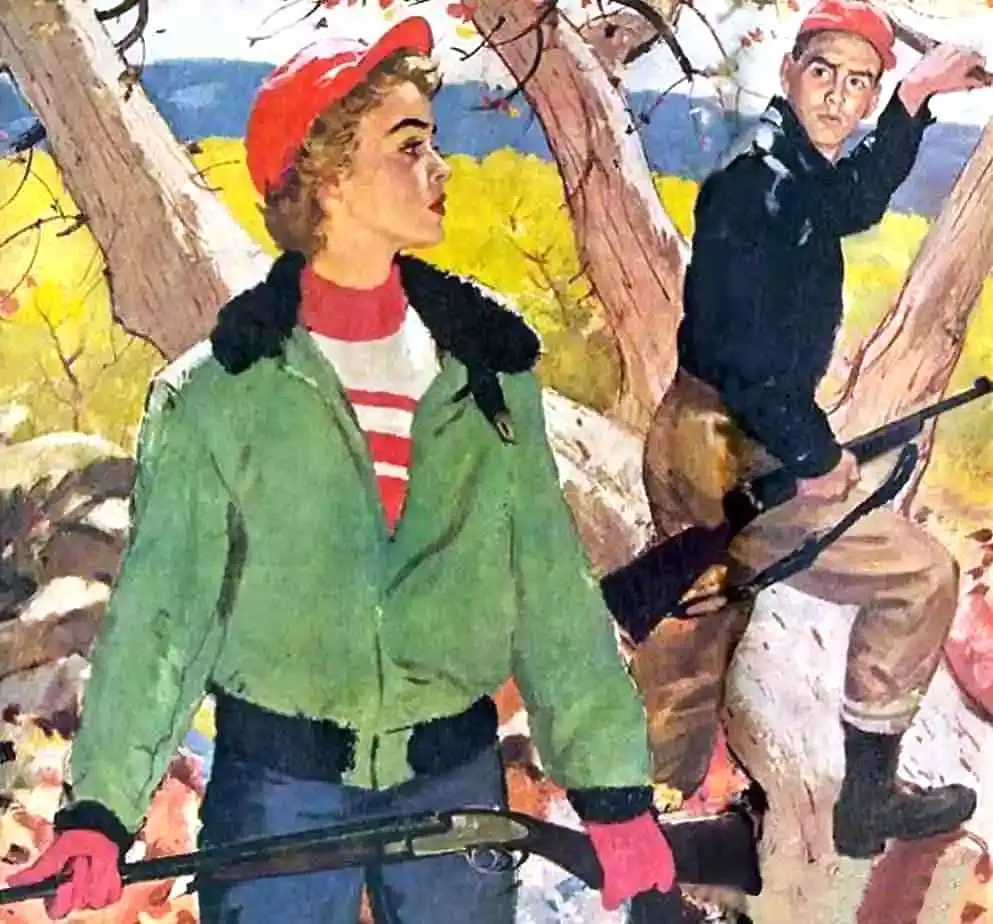
“The Toys of Peace” (1919) is a short story by H.H. Munro (a.k.a. Saki) and is out of copyright so can easily be found online. This is the opening short story in a collection called The Toys Of Peace And Other Papers by H.H. Munro (and G.K. Chesterton). This volume was published after Saki’s death. […]
-
Emotion In Storytelling: Catharsis and Crying

Does a story (especially a movie) that makes us cry really offer an audience cathartic healing? Researchers say not. Studies show no improvement in mood after this kind of crying. I’m not sure which is worse: intense feeling, or the absence of it. Margaret Atwood Professor Jennie Hudson is the director at the Centre for […]
-
Goethe and Angela Carter’s Erl-king Short Story Analysis

“The Erl-King” is a short story by Angela Carter based on an old ballad by Goethe, one of the most famous ballads ever told. Carter’s re-visioning doesn’t use the plot from Goethe’s ballad, but borrows some of the atmosphere. Carter inverts the gaze and turns it into something new. As you might expect from Angela […]
-
Loneliness in Art and Storytelling
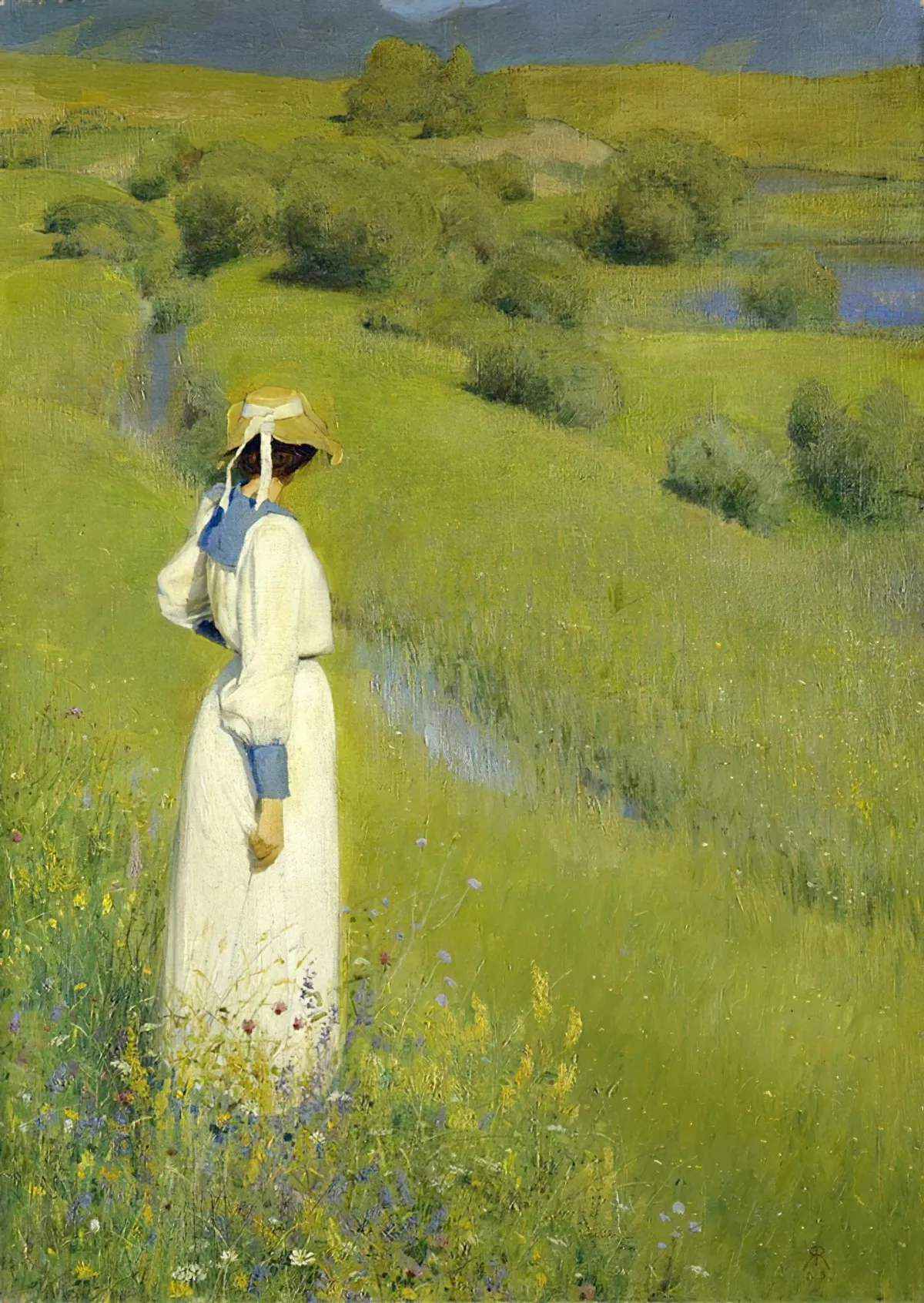
Edward Hopper was a master at depicting loneliness with paint. The sense of isolation is achieved with colour and composition. Eyes don’t meet, or not at the same time. Body language is closed off. Figures are small inside vast spaces, their heads far from the top of the canvas. They gaze from windows as if longing for connection.
-
Symbolism of The Child
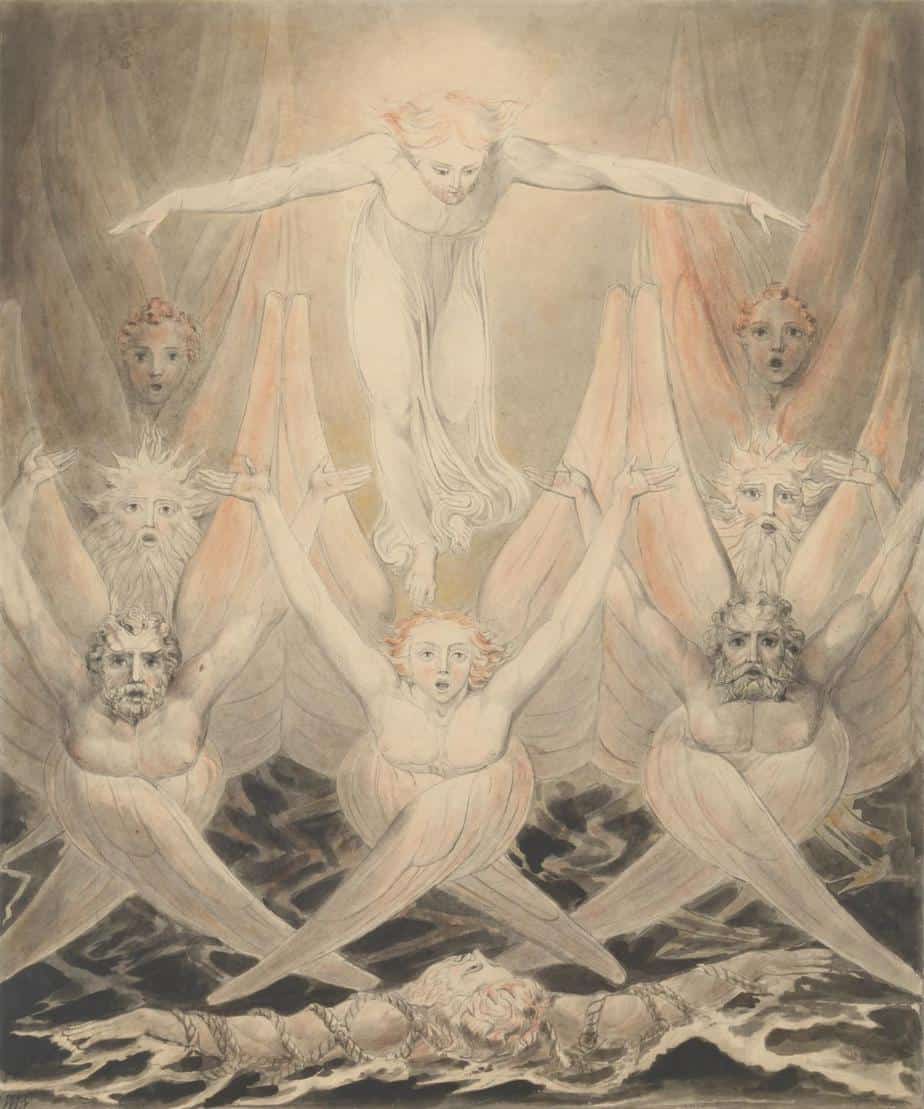
Critics who treat adult as a term of approval, instead of merely a descriptive term, cannot be adult themselves. To be concerned about being grown up, to admire the grown up because it is grown up, to blush at the suspicion of being childish; these are the marks of childhood and adolescence […] The modern […]
-
Psychology by Katherine Mansfield Short Story Analysis
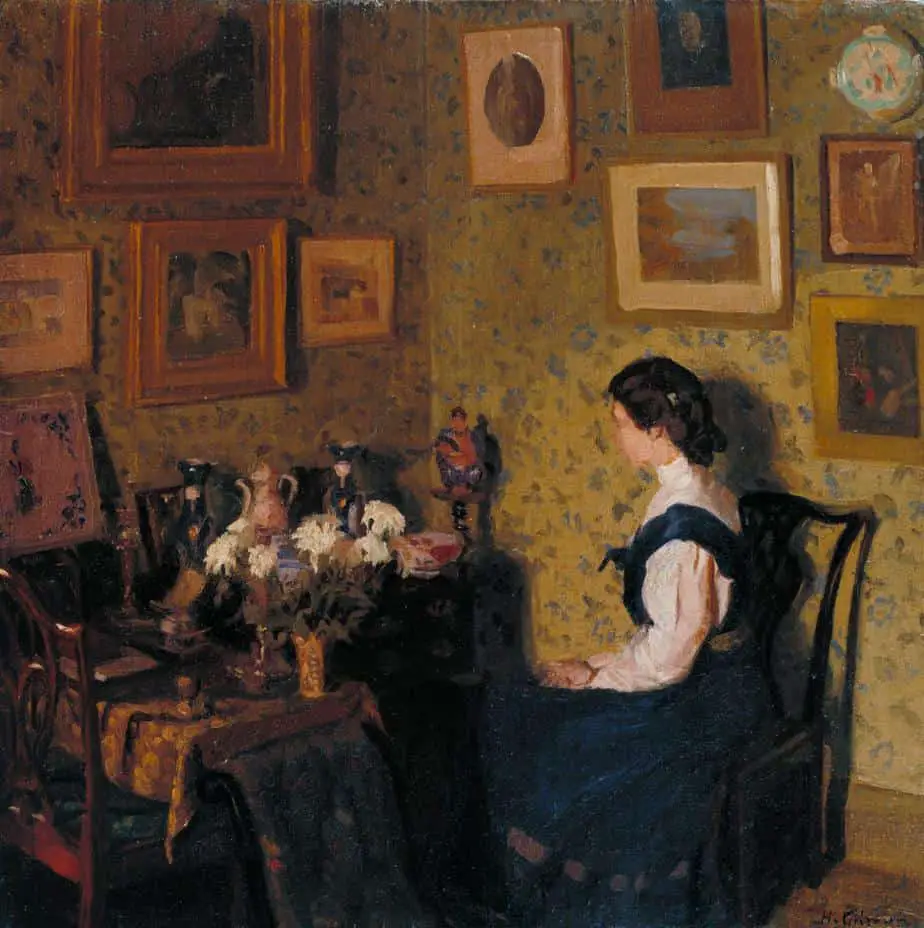
“Psychology” (1919) is a short story by Katherine Mansfield, redolent with sexual tension which unexpectedly morphs into something else at the end. As expected from the title, the bulk of the story comprises a character’s interiority. After first setting the mood, Mansfield gets right into a woman’s feelings. Yet do we feel we know her? We must read between the…
-
Features of a Psychological Suspense Story

What makes a horror or thriller story ‘psychological’? Aren’t the entire suspense genre psychological, to some degree? I set out to investigate.